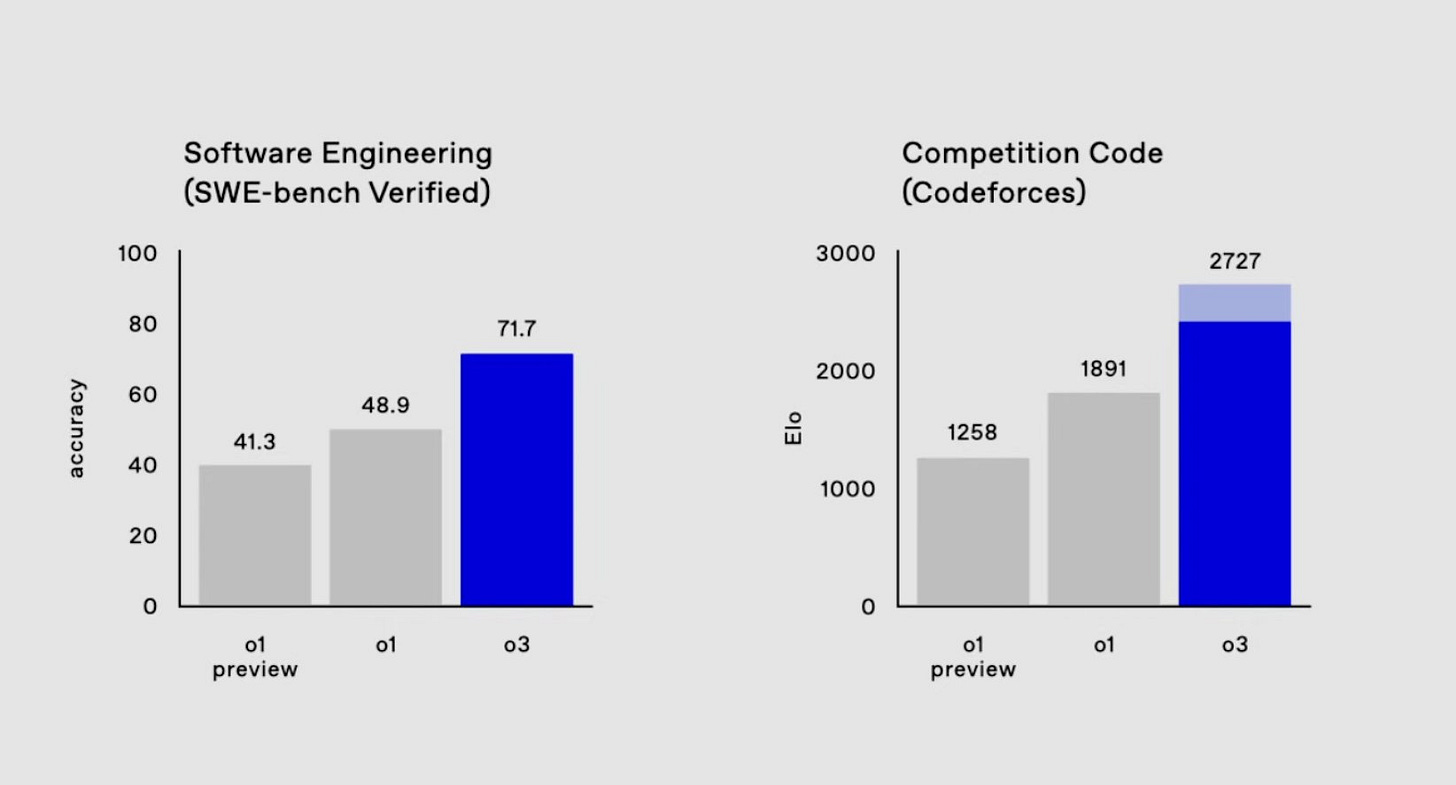Will AI Take Software Engineers' Jobs? Only Low-Level Ones. Advice: Learn E2E Test Automation
With or without the threat of AI, a good software engineer should learn and master end-to-end test automation for their own benefit.
Featured on Software Testing Weekly #257
Many software professionals might be aware of the following recent news.
OpenAI O3 model made big advances in coding

Salesforce stops hiring software engineers in 2025

Mircosoft plans job cuts

The combination of the factors above might give people the impression that AI is about to take over software engineers in coding. My family have two software engineers, I am not worried about that at all. In this article, I share my perspectives.
1. Software engineers are always targets for cost-cutting
The reason is simple: Software engineers earn a good salary. Steve Huynh, an Amazon L7 principal software engineer, publicly revealed his income for 2021: US$477560), making such roles prime candidates for cost-cutting measures.
Imagine you have a brilliant app idea and want to build a team of 10 skilled programmers, business analysts, and testers in the U.S. Hiring those better-than-average talents would easily cost you over $2 million annually in salaries alone.
By the way, that’s why Solopreneur becoming the trend.
If an AI tool could perform tasks equivalent to those of software engineers at just 10% of their salary cost, it’s no surprise that business owners would gladly cut those staff loose.
That is a BIG IF.
2. Software Engineers, at least good ones, are hard to replace.
Peter Szalontay, The CEO of Lazy AI, does not believe that current AI can replace software engineers and provides six reasons. Here I just show the first one.
As a software engineer, producing basic working code is only a very minor effort in software development. A far more challenging task is to make sure not to introduce regression errors, a very low percentage of software engineers, even at FAANG, master this.
“In my experience, great developers do not always make great testers, but great testers (who also have strong design skills) can make great developers. It’s a mindset and a passion. … They are gold”.
- Patrick Copeland, Google Senior Engineering Director, in an interview (2010)“Testing is harder than developing. If you want to have good testing you need to put your best people in testing.”
- Gerald Weinberg, software legend, in a podcast (2018)
As a solopreneur, I’ve been successfully performing daily production releases for all my web apps (developed mostly in my spare time), thanks to my end-to-end (UI) test automation and continuous testing process (as daily regression testing, if changes are made on that day).
I’m not worried about AI replacing me because I possess the rare skills highlighted by Patrick Copeland and Gerard Weinberg. My daughter is quite good at E2E test automation and Continuous Testing (she works as a software development engineer at FAANG), and I am still mentoring her to improve on that (I stopped teaching her coding a long long time ago. Test automation help master advanced software design. Think of the term: Test-Driven Design)
3. AI/Automation might replace some low-level developers in the future
"Low-level" doesn’t refer to salary—it refers to roles that are largely repetitive in nature. Many so-called “X-product-based developers” could be among the first to face replacement. For instance, I’ve observed the work of SharePoint, Dynamics CRM, Guidewire, and BizTalk developers in the past. Even then, I thought most of their tasks could be automated—long before AI was in the picture.
In reality, software products like Dynamics CRM are built to operate within predefined processes, offering limited customization without significant programming effort.
I briefly worked with BizTalk in 2007, attracted by the high contracting rates and the chance to use C#, trying a new programming language (following advice in the classic Pragmatic Programmer book). However, it turned out to be the worst experience of my career as a software engineer. The tool’s convoluted methods made me feel like an idiot, forcing us (me and colleagues) to follow complex processes to complete tasks that could have been much simpler and faster with straightforward programming.
One good thing that did come out of that dark time was that I did not need to use my brain at work, so I practiced E2E test automation (using Ruby) and started my first side hustle project on my own time, daily.
4. There will be a more demanding need for Testing even if there is a breakthrough in AI-driven coding
AI may get better at producing code, but as the Lazy AI CEO said (see the above): “If the LLM is doing 5 changes at once, by the time it’s done coding, there can be multiple bugs in there that you don’t even know how to trigger”.

So, to me, a true software engineer is someone who fully embraces quality through automation. If they don’t, I wouldn’t consider them a real software engineer. Just think about other engineering disciplines—quality is taken incredibly seriously in every aspect of their work.
Related reading:
My eBooks:
- Practical Web Test Automation with Selenium WebDriver
- Practical Continuous Testing: make Agile/DevOps realWhy Software Testing is Not Effective in Most Software Teams?
🎖 Don’t you think it’s absurd that most university IT researchers are focusing on AI and machine learning? (Boosted)
Benefits of Real E2E Test Automation and Continuous Testing series: Executives, Managers, Business Analysts, Developers, Testers and Customers.
Advice on Self-Learning Test Automation with Selenium WebDriver



